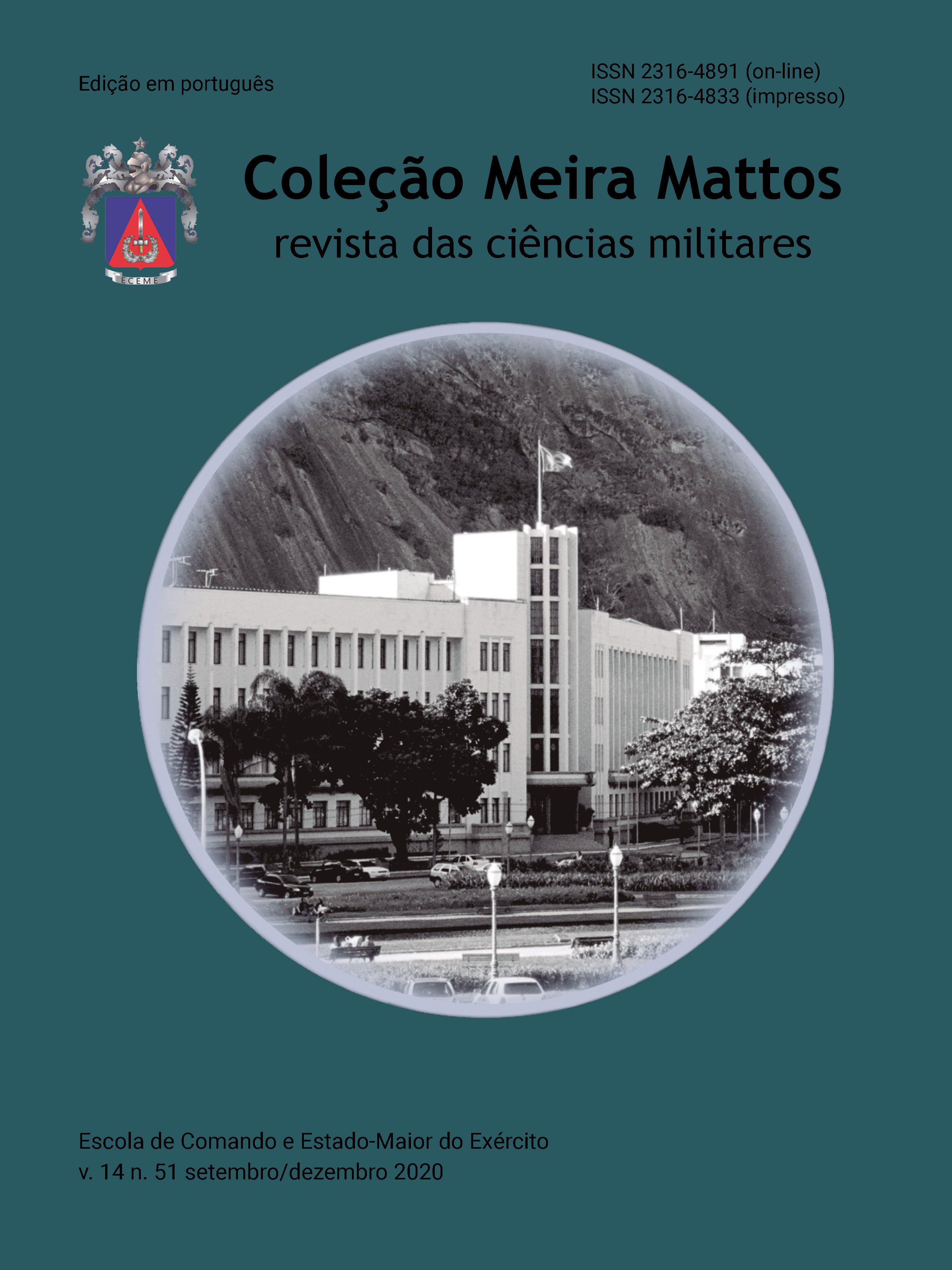An assessment of cyber threats and migration as challenges to the European Union Pluralistic Security Community in the World Order 2.0
Main Article Content
Abstract
This article departs from the assumption that European Union is a Pluralist Security Community resulting from symbiotic interactions between material and ideational variables such as beliefs, identities, material capabilities, borders, distribution/perception of power, anarchy and polarity, which gives to this theoretical model greater analytical consistency and ontological density. So, looking into the potential threats the EU is being confronted with and for the negative externalities they can generate in the near future, we are led to reflect on some paradigmatic issues: has the EU reached the limits of its capacity to effectively deal with contemporary challenges? Accordingly, is there a need for a new European concerted plan of action on security and defense issues? To verify how the EU has been tackling some of these challenges and how they impact the defining features of the EU as a Pluralistic Security Community, cybersecurity and migration were selected as our objects of analysis for being good examples of transnational problems the contemporary international system is being confronted with.
Downloads
Article Details

This work is licensed under a Creative Commons Attribution 4.0 International License.
Meira Mattos Collection is licensed
From 2019 under Creative Commons conditions (CC BY 4.0)
Until 2018 under Creative Commons conditions (CC BY-NC-SA 4.0)
Licenses are listed on the article access page and detailed on the Copyright page of this publication.
Copyright: The authors are the copyright holders, without restrictions, of their articles.
Notice
For any reuse or distribution, you must make clear to third parties the terms of the license to which this work is submitted.

